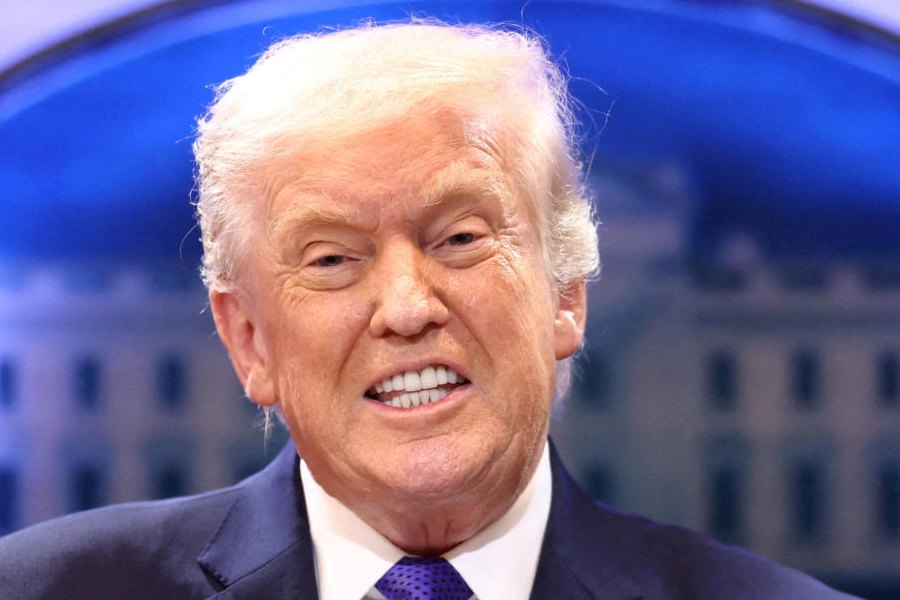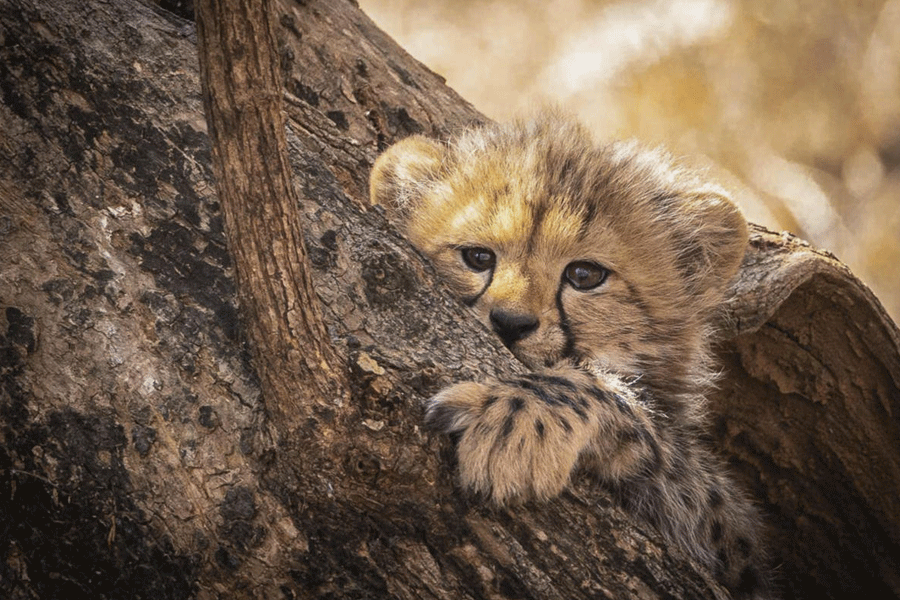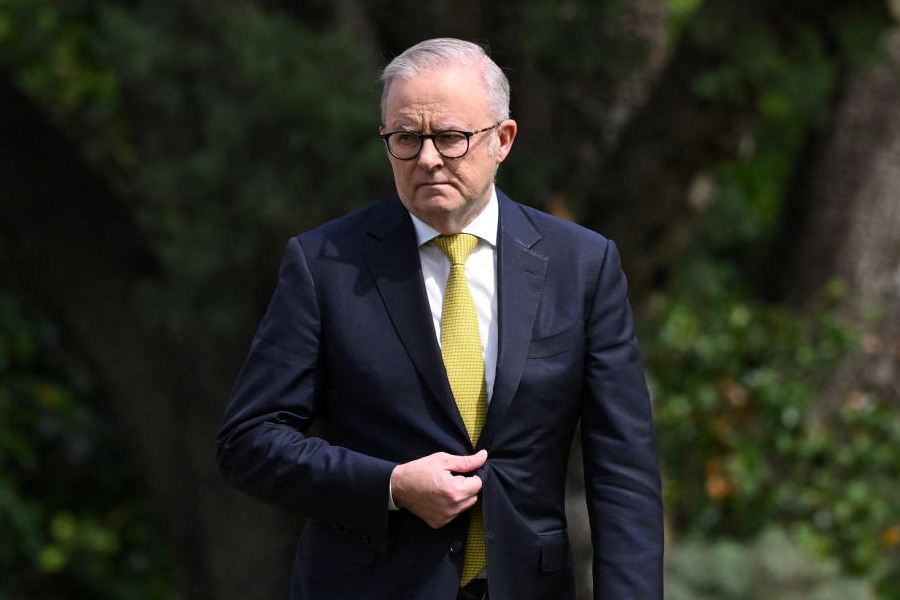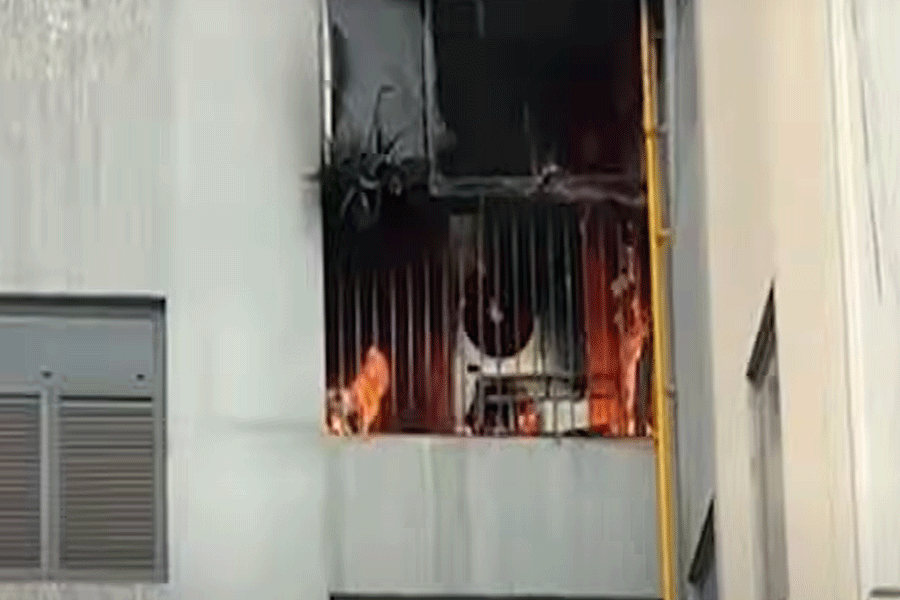Dhaka, Aug. 4: Gabbar Singh’s laughter will for the first time reverberate wall to wall in a Bangladeshi movie theatre.
Thirty-nine years after Dhaka banned Indian films, three Bengali movies and nine of Bollywood’s biggest hits will release in Bangladeshi theatres as a belated Id gift this September.
For a nation used to watching Hindi movies on pirated DVDs and CDs — and where Shah Rukh Khan and Kareena Kapoor are more popular than the local actors — it will be the first chance to watch its favourite Indian stars on the big screen.
It is likely to be its last chance too, since the ban still exists. These 12 films just slipped through, thanks to a temporary lifting of the prohibition last year.
The nine Bollywood films are: Sholay, Dilwale Dulhania Le Jayenge, Dil To Pagal Hai, Kuchh Kuchh Hota Hai, Kabhi Khushi Kabhie Gham, Dhoom:2, Don (the 2006 version), Wanted and 3 Idiots.
These and the Bengali movies Jor, Badla and Sangram were imported by the Bangladesh Motion Pictures Exhibitors Association sometime after Dhaka lifted the 1972 ban on Indian films in January 2010.
However, before the films could be screened, the ban was re-imposed in June because of widespread protests from the local movie industry.
Eventually, following a writ petition filed by cinema owner Iftekharuddin Nawshad, the high court ruled on July 30 that these particular 12 films could be shown in the country after Id. The names of the films were confirmed today.
“The rule that existed at the time the films were imported must be the governing law — that is the recognised and endorsed proposition of law. Obviously, there is no scope to apply ex post facto law (the re-imposed ban),” the court ruled.
The 12 movies are now with the Bangladesh Film Censor Board, whose vice-president Surat Kumar Sarkar said: “We have no choice but to follow the high court’s verdict.”
Pakistan had banned the screening of Indian films after the 1965 border conflict. After Bangladesh gained independence in 1972, it extended the ban to all countries on the subcontinent, though this time the purpose was to protect the local movie industry.
While the industry is not too happy with the recent court order, the theatre owners are excited.
“There is huge demand for Indian movies here. On the other hand, we are incurring huge losses since viewers are not interested in the stereotypical and substandard movies produced in the country. Hollywood films have become too expensive (to import),” a local newspapers quoted Iftekharuddin as saying.
The theatre owners have reason to be worried. Only 16 local films have released in the past six months, and six of them were produced by a channel for limited screening. Over the past few years, the number of movie theatres in the country has fallen from 1,200-plus to about 500, apart from a handful of multiplexes.
The market for pirated Bollywood and Hollywood films is huge, with the profits running into crores. Most Hindi movies are available on CDs and DVDs within days of their Indian release.
“We don’t want an open market for Indian films in Bangladesh. We want permission to screen Indian films in one quarter of the year, and we will pay higher taxes,” Iftekharuddin told the paper.
What remains to be seen is whether the average Bangladeshi movie-goer would fork out hard-earned cash for the novelty of watching Bollywood films on the big screen when he has already seen them on DVD?










